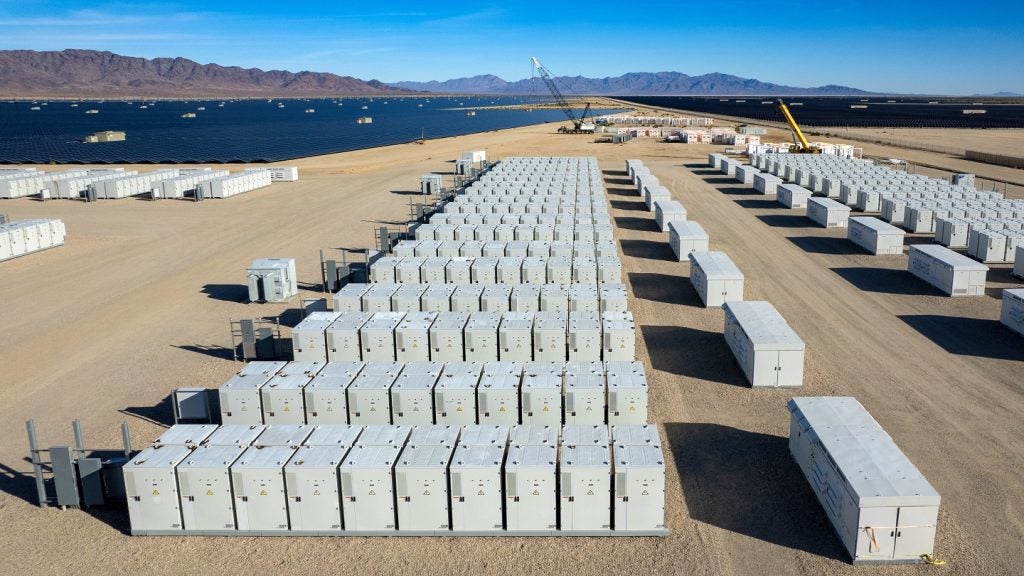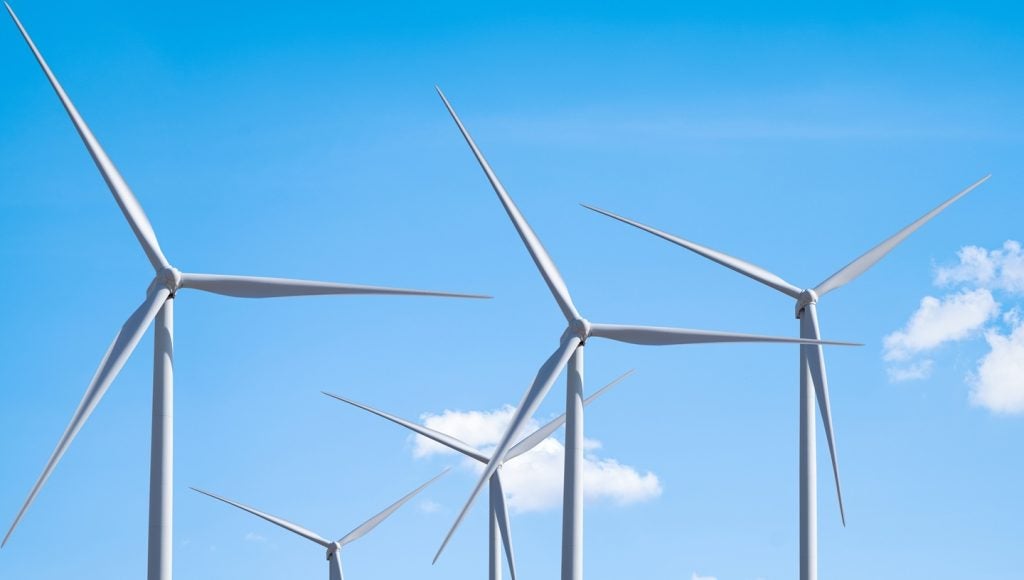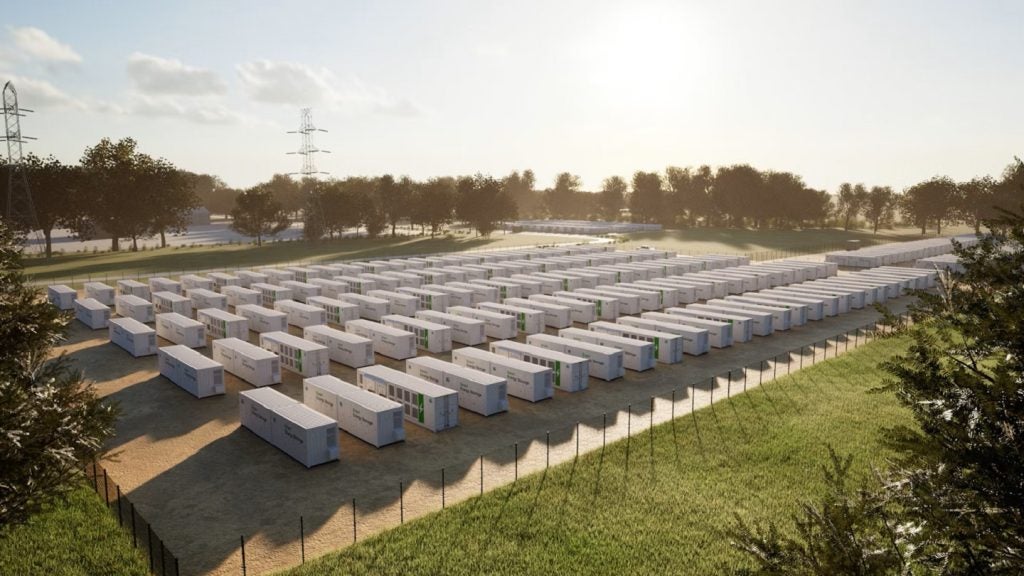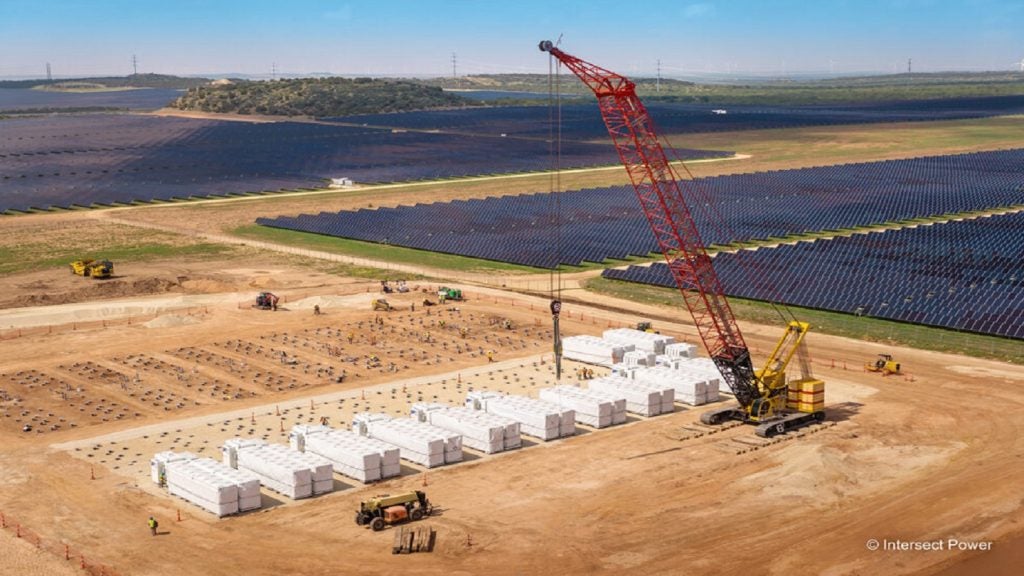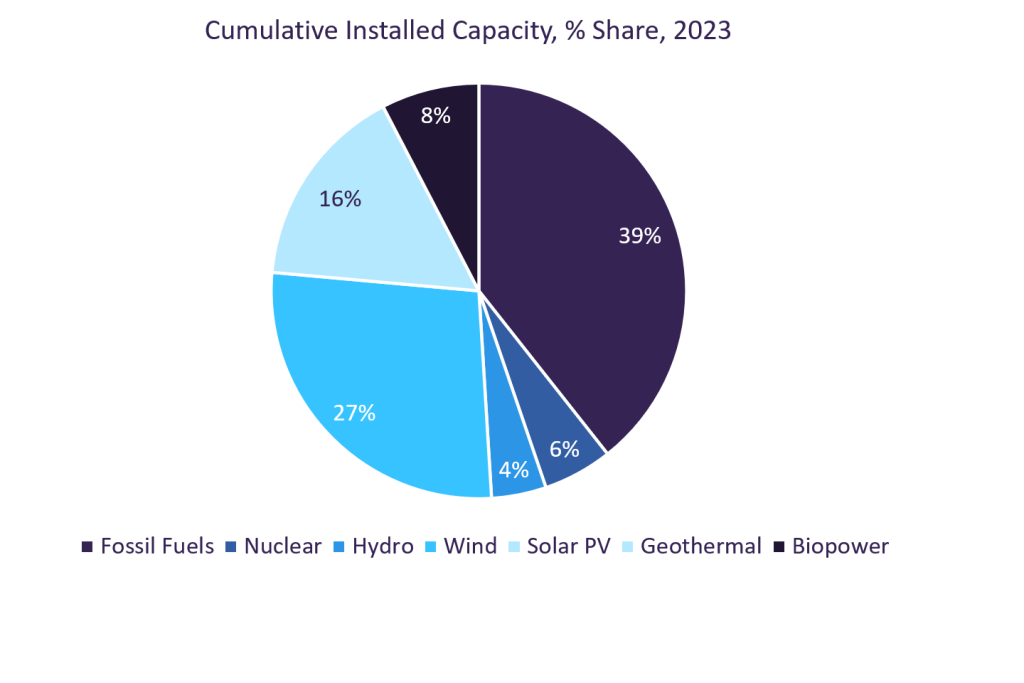Global renewable energy investment company Bluestar Energy Capital has announced the launch of Noveria Energy, a project development platform focused on European BESS.
In a press release, Bluestar Energy Capital said that Noveria Energy will initially focus on the German market, where the company has over 2GWh of projects in the pipeline, progressing through interconnection and permitting processes.
Neil O’Donovan, chair of Noveria Energy and president of Bluestar Energy Capital, said: “Well-located energy storage projects are a key enabler of the energy transition in Europe. An increasing demand for grid system services this decade coupled with increasingly volatile energy pricing across Germany and other regions underscore the need to rapidly scale battery storage capacity.”
“Benefiting from Bluestar Energy Capital’s development experience in the US and Australia, Noveria Energy’s vision is to be a leading developer and operator of large-scale energy storage projects in Germany and other select European markets.”
According to the press release, Bluestar Energy Capital has been scaling its global presence since its $100m formation capital raise in 2022, with investment from S2G Ventures and Great Bay Renewables. The company is actively building development platforms in the US, Australia and now Europe, with a global pipeline of over 10GW of wind, solar and energy storage projects.
Due to the intermittent nature of output from renewable sources such as wind and solar, BESS is critical to aligning supply and demand. BESS stores excess energy for times when there may be a shortage.
According to GlobalData, Power Technology’s parent company, the technology will help to drive down prices, as energy storage reduces costs by storing electricity obtained at off-peak times when retail prices are lower. During hours of peak demand, when grid electricity costs are high, the cheaper stored electricity can be used.
GlobalData reported that the global total installed capacity of BESS stood at 45.4GW in 2023 and is set to grow to 372.4GW by 2030.


